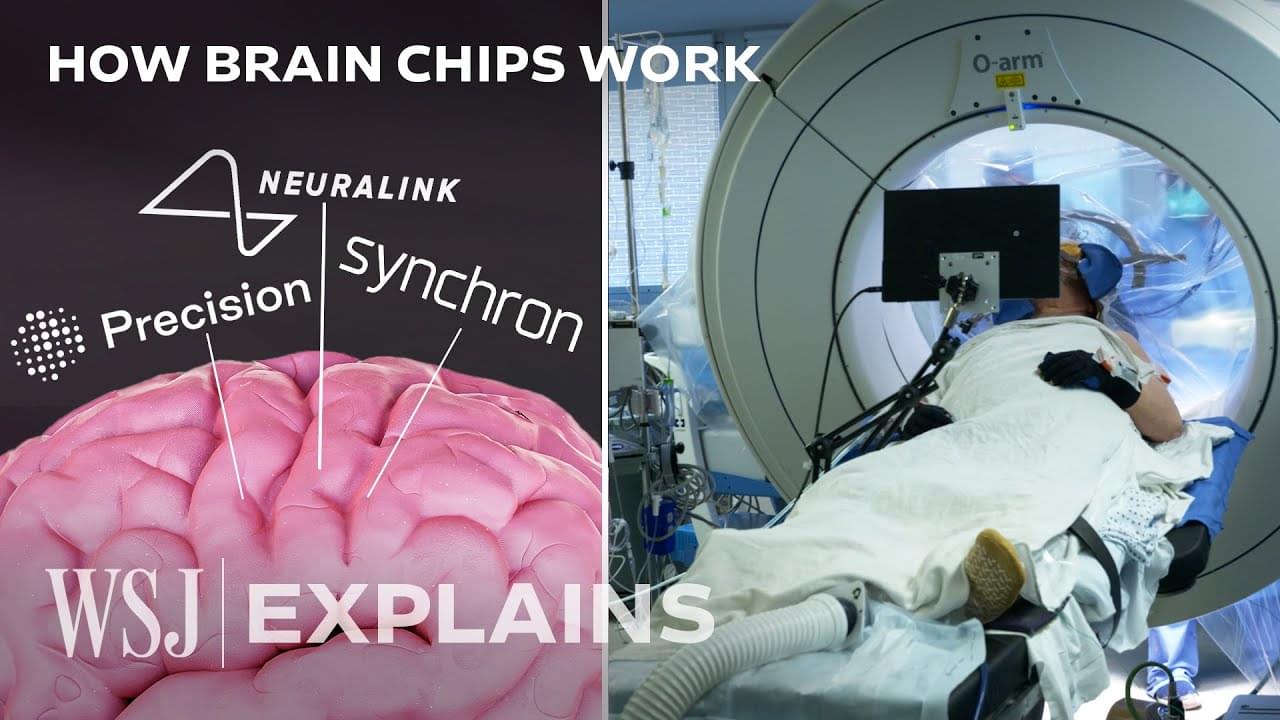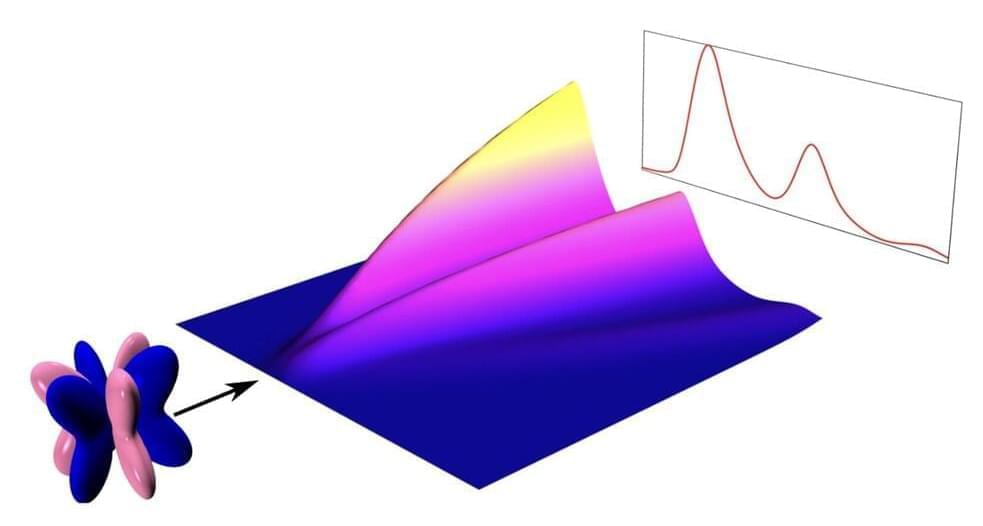A time question and answer starting at 32:22 (5−6 years)
Is aging a disease that can be cured? Neil deGrasse Tyson and cohosts Chuck Nice and Gary O’Reilly discover the field of epigenetics, the Information Theory of Aging, and curing blindness for mice with Professor of Genetics at Harvard Medical School, David Sinclair.
What is epigenetics? Discover the difference between genetics and epigenetics. We discuss whether aging is a disease and if there have been any changes in aging throughout the centuries. David breaks down the information theory of aging and how epigenetic inheritance works. Plus, Chuck tells us about some of the studies he’s reading and how behaviors during your lifetime can be epigenetically passed onto your children.
Could we someday cure death? What does aging look like in the broader animal kingdom? We look at aging from an evolutionary standpoint, restoring vision in blind mice, and what the length of your telomeres tells you. We break down conflicting information regarding diet and how to not just live longer but live younger, longer. What are the genes that control aging?
We break down what anti-aging medicine would look like and whether it would be affordable for everyday people. Learn about the world’s oldest mice with the youngest eyes. We discuss the Yamanaka genes and how they can be utilized to turn back time on a cellular level. Is DNA destiny?









